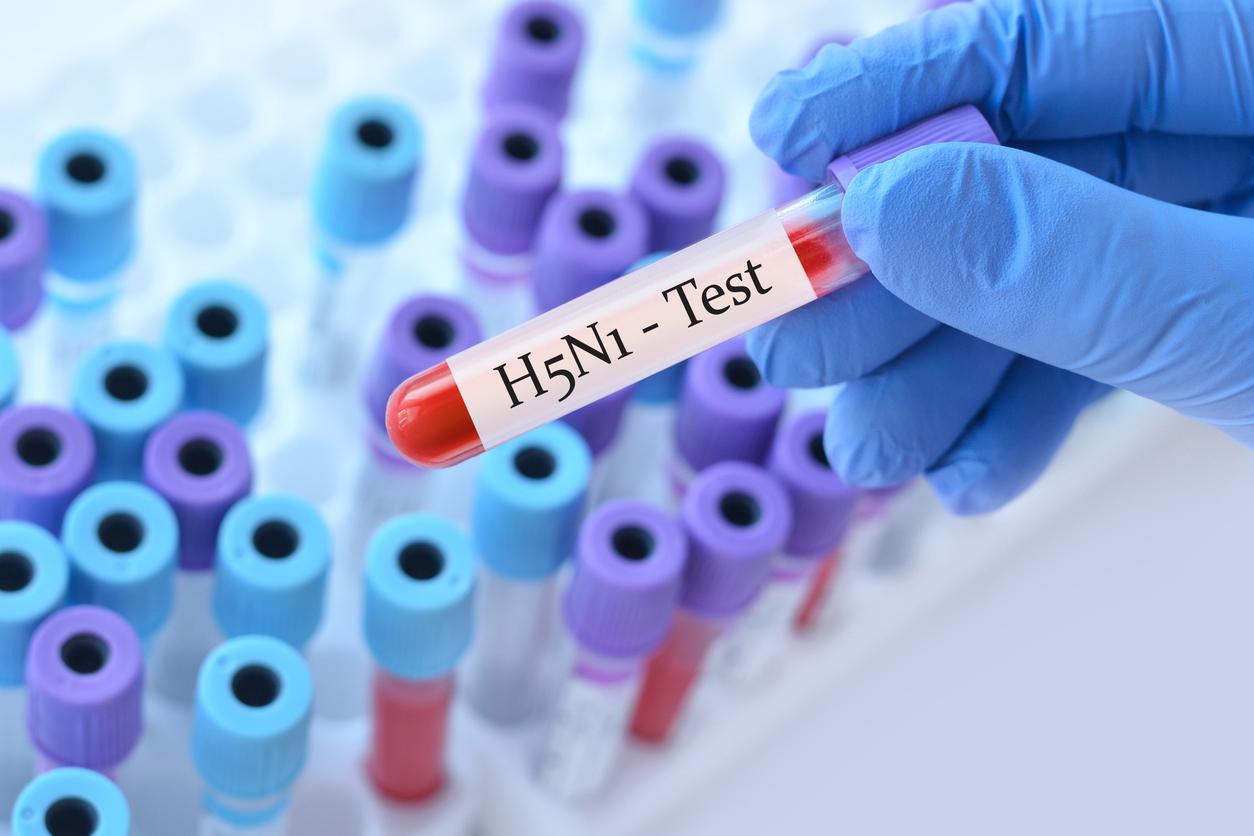A genetic mutation in the Indiana Amish population protects against aging and increases the length of life. This is the first time that such a mutation has been observed.

Would they have a genetic fountain of youth? The first mutation that appears to protect against multiple aspects of biological aging in humans was discovered in an extended family of Amishs living near Bern, Indiana.
The Amish are a religious community that lives outside of the modern world. The first of their rule is: “You will not conform to this world around you”. A minority of them apply it to the letter and refrain from mixed marriages, so that the mutation is concentrated in this population. Result: 13% of those who carry this mutation reach the age of 85. As for those who do not have it, they are generally not over 75 years old.
A drug under study
Currently, a longevity drug developed from this research is being tested in humans. An experimental pill soberly called “longevity” recreates the effect of the mutation. The aim is to see if it can slow down certain aging processes in the body, such as baldness.
Researchers are motivated by the fact that the general health of carriers of the gene is better. For example, Amishs affected by this mutation also have significantly less diabetes and lower fasting insulin levels. A metabolism which also implies a lower vascular age.
They have very low levels of PAI-1, a protein linked to aging or senescence of cells. PAI-1 was previously known to be linked to aging in animals, but in humans the mystery remained.
Better healthy life expectancy
“The results amazed us because of the consistency of the anti-aging benefits of this mutation across multiple body systems,” said Dr. Douglas Vaughan, cardiologist and lead author of the study. He praises the metabolism of these Amishs, and not just for their lifespan: “These people were generally protected against age-related changes,” says Dr Vaughan. “This not only allows them to live longer, but also to live longer in good health. It is a desirable form of longevity. “
What to activate to test the drug resulting from this discovery. That is why cognitive tests will be part of the future measurements for the study. Indeed, experimental data in mice show that lower levels of PAI-1 may protect against Alzheimer’s disease.
.

















